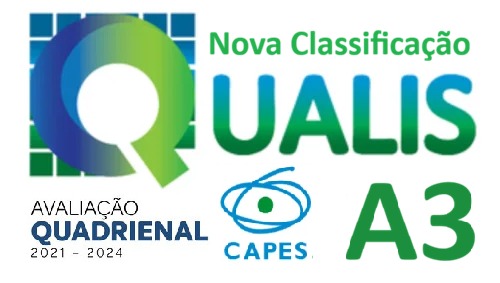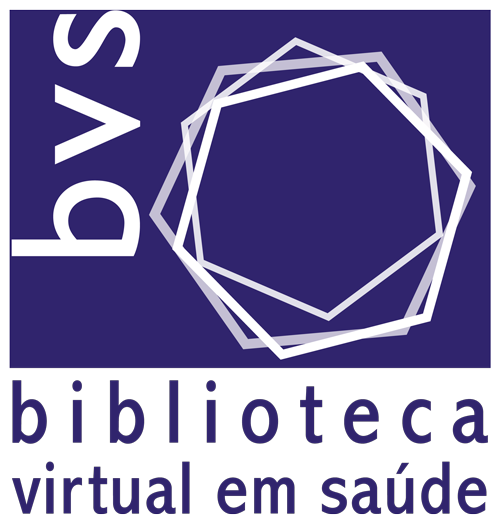New article published in 13(2A) - SENCIR 2025
Brazilian and international legislation applied to food irradiation: a historical review
Abstract: Food irradiation is a physical process that subjects packaged or bulk foods to doses of ionizing radiation, which are energies high enough to displace electrons from atoms and molecules and convert them into electrically charged particles, known as ions. The standards that establish the requirements for approval of food irradiation process represent a technical set of rules for standardizing ideas. Although food irradiation technology is already approved and regulated by Brazilian Health Regulatory Agency (Anvisa), there are still many obstacles that prevent the complete commercialization of irradiated foods in Brazil, among which is the low consumer acceptance of this type of food. The commercial use of food irradiation technology is growing slowly due to misinterpretations by a large part of Brazilian consumers. Because of this lack of knowledge, laws, and experiments are important, as they define the limits of dose that can be employed in the irradiation process to guarantee the integrity of the product and the health of the consumer. In this work, the survey, analysis, and evolution of Brazilian, and international legislation related to ionizing irradiation practices in food will be carried out. A timeline of the evolution of legislation in Brazil will also be described, characterizing the importance of guidelines involving food irradiation. The irradiation of food favors the provision of food security and ensures the increase in the supply of food products of high biological and sanitary quality, contributing to the promotion of a privileged and sustainable nutritional status for all people. Read full article.



























